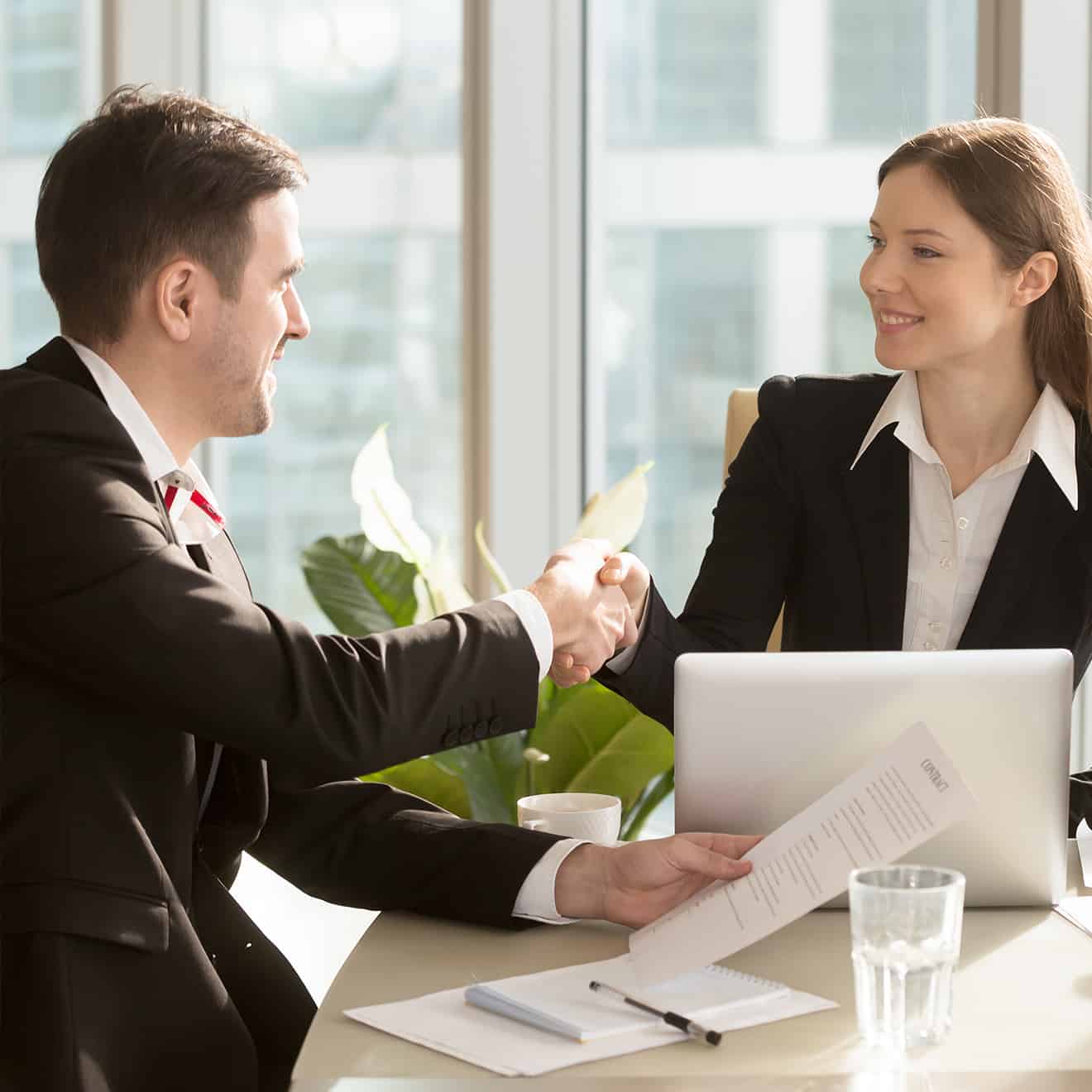At Betterworks, we partner with rapidly growing companies to empower and motivate their workforce. Auth0, a global leader in Identity-as-a-Service (IDaaS), recognized that to win in today’s environment, they needed to be agile and able to constantly align and realign their employees around top priorities. By adopting Betterworks’ software, Auth0 took a strategic approach to scale their business’ performance management program.
I spoke with Ari Schapiro, Chief of Staff at Auth0, about how he rolled out Objectives and Key Results (OKRs) and the impact they’ve made on the organization.
Hope: What changes were you looking to make in your organization that led you to adopt Betterworks?
Ari: We are scaling our business rapidly. We have doubled our staff in the past year, and with this growth and momentum came more complexity in aligning departments, goals, and the unified path we are on together. We recognized a need to coordinate and re-evaluate our top priorities as a company and started setting OKRs at the beginning of 2018. The system we were using wasn’t enough to support our needs, and we recognized a need to employ a more formal framework for organizing and keeping track of them.
After carefully evaluating eight different platforms, we chose Betterworks as they had the features that we were looking for and met our security requirements.
Hope: How did you approach your roll out? What worked well? What challenges did you face?
Ari: When we initially introduced OKRs, we were using basic spreadsheets to manage them. While this helped introduce OKRs to our organization, it also revealed the limits of such a manual tool. We searched for a more comprehensive platform that could be used company-wide, hence our adoption of Betterworks. It was the most intuitive of the solutions we explored, didn’t require extensive training and easily integrated with our HRIS system which made it easier on us from an administrative perspective.
Our biggest challenge was helping employees understand that goals are not just a list of tasks, and that goal setting isn’t a heavy commitment. Some employees were initially hesitant to set objectives, as they didn’t want to commit to an outcome that they couldn’t control. To address this issue, we emphasized simplicity and approached OKR setting as simply writing down what you want to accomplish.
Hope: What changes have you seen in your organization since you launched?
Ari: From a planning perspective, Betterworks enables us to have the right conversations. It prompts our teams to reflect on what they’re going to do and how they’re going to achieve those goals. It also helped us standardize the language and framework we use to drive our business. We went from a mix of terms (priorities, objectives, focus, etc.) to a consistent language around “what is your goal?”
When there are company goals that everyone is contributing to, there is a great sense of purpose and belonging for everyone in the company, no matter what their role. We emphasize that your individual and/or departmental goals should contribute to the overall company goal in some way, which further reinforces this team mentality.
Hope: What is your approach to OKR setting and progress? How do you define success?
Ari: We have 13 weeks in a quarter. In the first week, our senior leadership team gathers and sets Top Company Objectives. Weeks two and three are focused on setting departmental OKRs. Then we have individuals that own those OKRs. We have a mid-quarter check-in around week seven or eight, where the owners of these departmental objectives and senior leadership gather to discuss the status and details of their objectives. This allows visibility and accountability cross-functionally and enables leadership to see possible roadblocks in driving progress.
Hope: What does success look like to you? What would you like to accomplish with this program in the coming year?
Ari: One aspect of success is the ability to focus, prioritize, and drive accountability. If we are able to hone in on these three things, we can focus on why objectives may not be met. Initially, it’s less about the completion of the objective, but framing focus and collaboration. Another aspect is that we’re building the muscle of setting, executing on, achieving and documenting our OKRs.
In the next year, I would like Betterworks to be even more integrated throughout our organization. We’re taking it step by step.
Ready to turbocharge your performance management? Check out our brand-new Ultimate Guide to Utilizing OKRs Within Continuous Performance Management, featuring tips and strategies from NY Times best selling author John Doerr.
About Auth0: A global leader in Identity-as-a-Service (IDaaS), provides thousands of customers in every market sector with the only identity solution they need for their web, mobile, IoT, and internal applications. Its extensible platform seamlessly authenticates and secures more than 50M logins per day, making it loved by developers and trusted by global enterprises.
The company’s U.S. headquarters in Bellevue, WA, with additional offices in Buenos Aires, London, Tokyo, and Sydney, which supports its global customers that are located in 70+ countries. For more information, visit https://auth0.com or follow @auth0 on Twitter.


